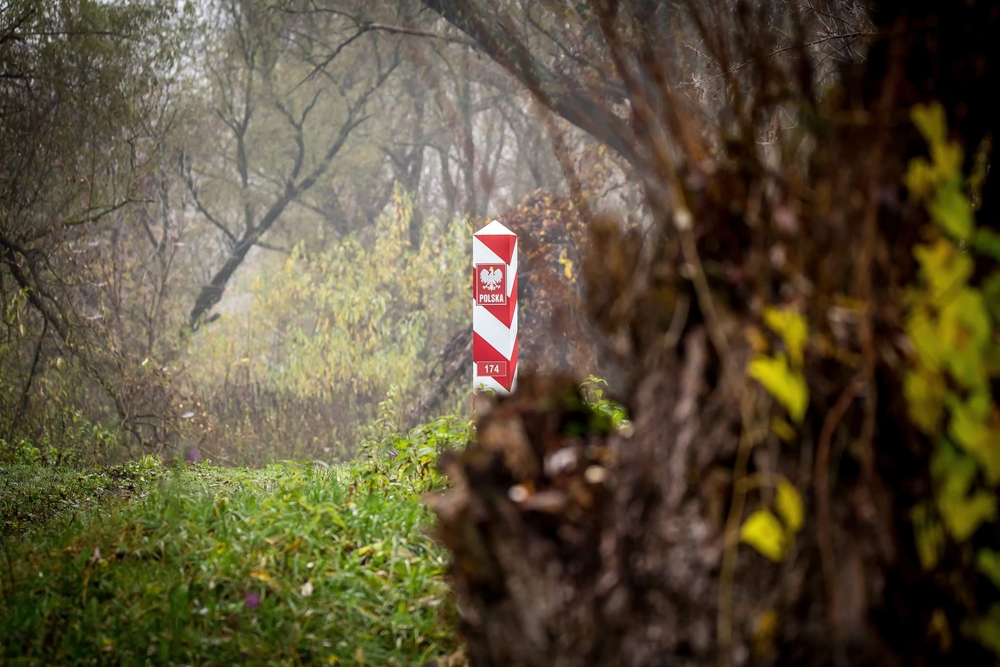Poland will build a temporary barrier on its border with the Russian exclave of Kaliningrad to stop a wave of African and Asian migrants who could start trying to cross in the coming weeks, Polish Deputy Prime Minister and Defense Minister Mariusz Błaszczak announced on Wednesday.
“Due to the fact that the Kalinigrad Airport has become open to flights from the Middle East and Africa, I decided to take measures to strengthen border security. Today, sappers will begin work on the construction of a temporary barrier on the border of Poland and the Kaliningrad region,” Błaszczak told reporters.
The barrier on the border with Russia’s Kaliningrad enclave will be the second barrier built on Polish borders, with the first one currently being completed on the Polish-Belarusian border.
Meanwhile, the Polish-Belarusian border remains a hot spot for Polish law enforcement, as migrants continue their attempts to breach the border and enter Polish territory.
The Polish Border Guard reported that 148 foreigners tried to cross the border from Belarus to Poland on Monday, and 124 on Tuesday. These mass attempts to enter Poland represented the highest number of attempted crossings in a single day in recent months.
Poland’s Border Guard stated that among the foreigners were citizens of Iraq, Syria, and Congo, and a couple of days ago, the Border Guard reported that 130 people tried to illegally cross the border in one day. The Border Guard recorded 2,500 attempts over the last month by migrants from Belarus, including many coming right up to the steel barrier.
Migrants are also attempting to use the Polish river system to enter Poland. One such example is the attempt of 37 migrants — mainly from Egypt and the Congo — to cross the Świsłocz River using pontoons as well as by swimming. According to Polish Border Guard, the migrants were supported by Belarusian intelligence services.
Poland constructed a steel barrier on its border, but this barrier does not extend into the country’s rivers. Currently, an electronic barrier is being installed. Deputy Internal Minister Maciej Wąsik stated recently that the first 35-kilometer segment of the electronic barrier will be completed after Nov. 11 and will be completely finished by the end of November.






